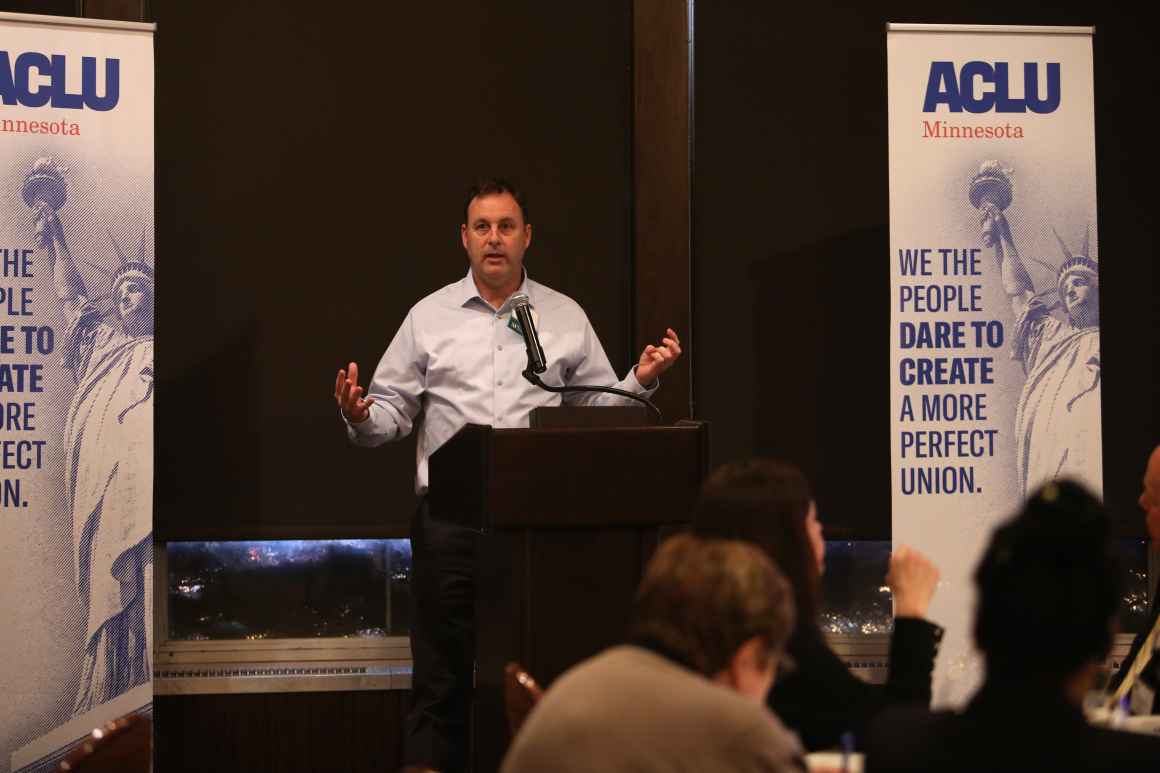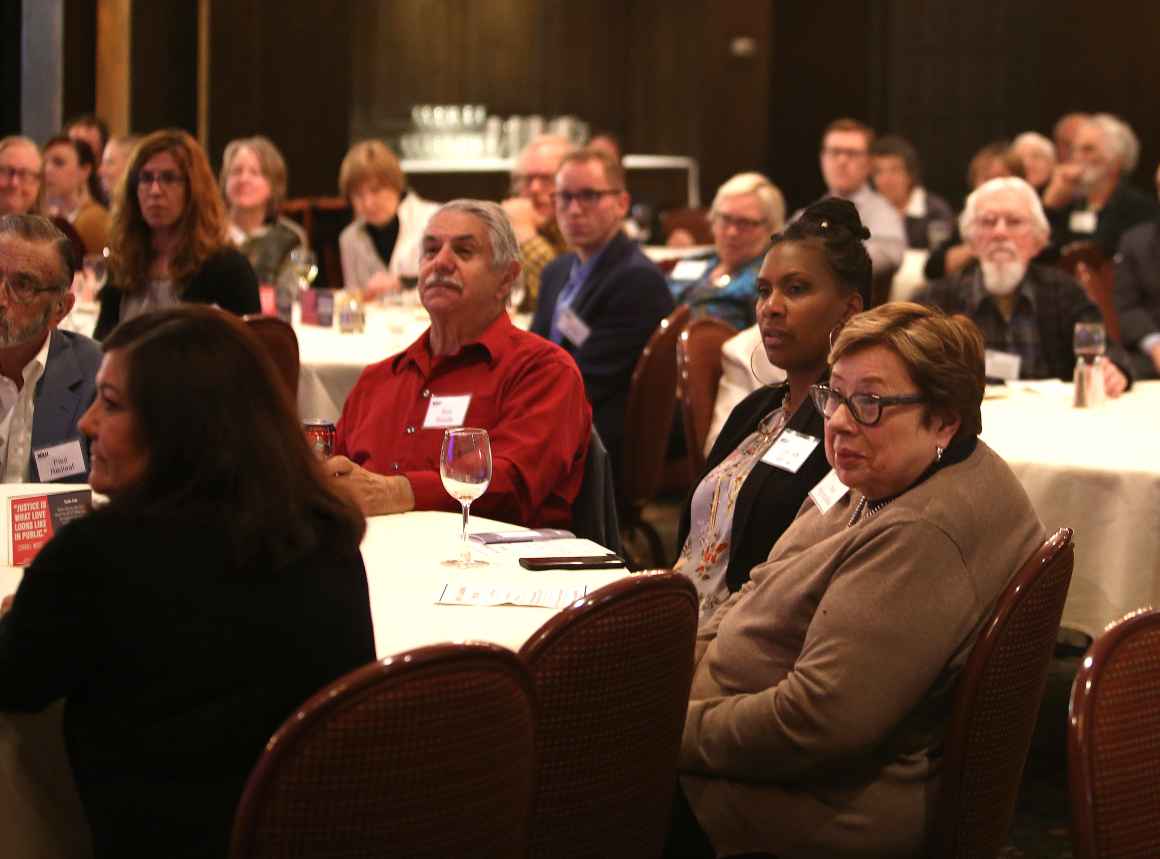Technology has become so powerful that if police want a daily report with a video of everyone who was kissing in public, appeared drunk or just looked “suspicious,” they can make it happen.
“You can imagine this becoming a powerful tool for racial profiling,” said Jay Stanley, senior policy analyst with the ACLU Speech, Privacy, and Technology Project. “It’s as if we had an enormous number of AI (artificial intelligence) security guards monitoring every camera and making judgments about what they are seeing.”

At the state Capitol this legislative session, we pushed warrant requirements for drone surveillance, social media privacy protections for employees, and transparency in cell phone location tracking. The ACLU is urging a congressional moratorium on the use of facial recognition by police and immigration until laws can catch up.
The FAA currently limits where and when drones can fly. But those rules are about to be relaxed.Companies are launching satellites into space that can take pictures of the Earth as it rotates, much like a scanner. A new company plans to blanket our planet with 500 small but mighty satellites, promising live video of any spot on Earth delivered to your cell phone, Stanley said at a June 2 ACLU-MN event.
“We are really unprepared for this tsunami of technology that has the potential to change what it’s like to live in modern life, to allow companies to track us and everything we do,” he said.
In 2016, Baltimore secretly did aerial surveillance with technology adapted from the Iraq surge, without telling the public or even the mayor. In 2017, San Francisco Bay area sheriffs flew drones over protests.

“But if you know everybody’s location, what they did in their lives, you know the medical doctors they visit, how often they go to bars, the details of their sex lives,” Stanley said. “That is more power than any government should have over a free citizen.”